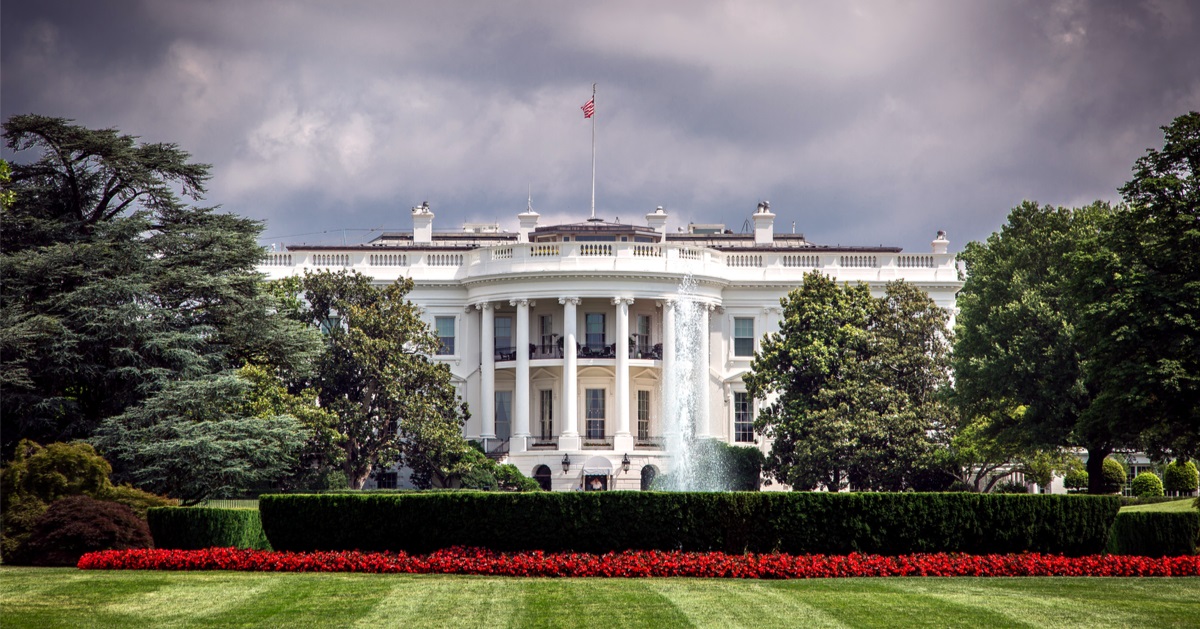Senate votes 91-7 on amendment to restrict foreign purchase of land near military bases or for agricultural use
Legitimate bipartisan concerns have been raised in recent years about adversarial foreign nations, such as China, purchasing large tracts of property in the United States, particularly when the real estate in question is prime for agricultural use or near U.S. military installations.
On Tuesday, in an overwhelmingly bipartisan manner, the Senate voted 91-7 to include an amendment in the next military funding bill that would substantially restrict the purchase of U.S. farmland or land near military bases by foreign adversaries, the Washington Examiner reported.
Amendment to restrict foreign purchases of U.S. real estate
The amendment, if retained unchanged in the final version of the 2024 National Defense Authorization Act, would add the Secretary of Agriculture to the Committee on Foreign Investment in the United States and require CFIUS to review all substantial land sales in the U.S. by foreign individuals and entities, specifically including adversarial nations like China, Russia, Iran, and North Korea.
It also includes a presidential waiver to bypass CFIUS review of prohibited foreign land purchases on a "case-by-case basis" but requires the president to explain within 30 days why such a waiver was granted.
CFIUS is an interagency governmental organization made up of the heads of major departments like Defense, Homeland Security, State, and Treasury, along with dozens of other federal agencies, and its purpose is to review any security implications and grant final authorization or denial to various foreign investments in the U.S.
Introduced by Sens. Rounds and Tester
"China and Russia are our near-peer adversaries and North Korea and Iran are no friends of the United States," Sen. Mike Rounds (R-SD), a co-sponsor of the amendment, said in a statement after its passage. "These four adversaries view America as their top competitor and only wish to gain advantage and opportunities to surveil our nation’s capabilities and resources. This commonsense provision will make our homeland more secure. I am pleased this amendment was included in this year’s NDAA, and I look forward to working with my colleagues to move this legislation across the finish line."
The amendment was co-sponsored by Sen. Jon Tester (D-MT), who said in a press release last week, "As a third-generation farmer, I know that food security is national security. Allowing our foreign adversaries like China to invest in American ag land and agribusinesses threatens American businesses and puts our food security and national security at risk."
"Being able to review and prohibit future purchases of farmland by our foreign adversaries is a critical step toward making sure we aren’t handing over valuable American assets to those who want to replace us as the world’s leading military and economic power," the Montana Democrat added at the time. "I’m proud to have secured a vote on this amendment, and look forward to seeing it passed into law as part of the national defense bill."
The key phrase is: "Food security is national security"
The Examiner noted that the amendment from Sens. Rounds and Tester bore a striking similarity to a stand-alone bipartisan bill introduced in June by Sens. Joni Ernst (R-IA) and Debbie Stabenow (D-MI), which would mandate CFIUS review for any significant purchases by foreign individuals or entities of real estate valued at more than $5 million or containing more than 320 acres.
"Food security is national security. China, our nation’s number one pacing threat, is buying the farm and encroaching on land surrounding military bases," Ernst said at the time the bill was introduced. "America needs to know how our foreign adversary has been allowed to use loopholes to attempt to exploit any potential vulnerability and assert control over our agriculture industry. I’m taking decisive action today to overhaul the system that has allowed this national security threat and work to combat our foreign adversaries, especially the Chinese Communist Party’s malign actions in our own backyard."
Stabenow echoed, "Food security is national security. This bill safeguards our nation’s farmland and food supply by overhauling the system for federal oversight of foreign land ownership. There is nothing more basic to our nation’s independence, safety and security than protecting our food supply from foreign ownership."
Preventing China from buying prime real estate
Following the passage of the amendment from Rounds and Tester, the Examiner noted that Sen. Ernst said Tuesday in a statement, "America is not for sale. There is no ignoring that China is in our own backyard and buying up land near our critical military installations."
"I have worked to close the loopholes that have allowed the Chinese Communist Party to encroach on our farmland, and today I am proud to see those efforts are helping to strengthen our national security and combat our foreign adversaries. As Iowa farmers know, food security is national security," the Iowa Republican added.
Given the must-pass nature of the annual NDAA, it seems likely that the funding bill and included amendment will eventually become law and, if not completely end the practice, at least substantially restrain the growing trend of adversarial nations like China buying up prime real estate for agricultural use or near military installations, and that is a good thing.






